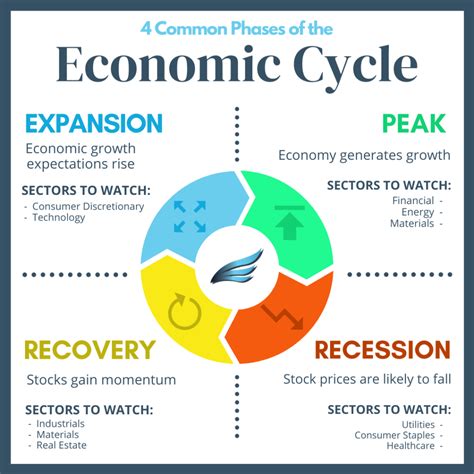The discussion surrounding deflation and economic cycles often sparks a variety of viewpoints and interpretations. One user highlighted the complexity of the economic conditions in the 1920s, questioning the coexistence of deflation and economic growth during that period. This juxtaposition of deflation and prosperity raises intriguing questions about the underlying factors that allowed such a situation to occur. Furthermore, references to “irrational exuberance in stock performance” and historical phenomena like the Canal Mania and Railway Mania shed light on the impact of speculative bubbles on economic stability.
An insightful comment delves into the concept of a deflationary spiral, where decreasing prices lead to reduced spending, further exacerbating the downward price trend. The inclusion of historical events such as the Panic of 1910-1911 and the Panic of 1901 serves as a reminder of the catastrophic consequences of economic instability. These examples highlight the need for vigilant economic policies to mitigate the risks associated with deflation.
The discourse extends to the role of governmental authorities in responding to economic challenges. The mention of the Bernanke doctrine underscores the significance of proactive measures to combat deflation and stimulate economic growth. By exploring case studies such as Japan’s prolonged battle with deflation and stagnation, users engage in a critical analysis of the effectiveness of different policy approaches.
The interplay between inflation, monetary policy, and wealth distribution emerges as a central theme in the dialogue. Users express divergent opinions on the impact of inflation on different socio-economic groups, with contrasting views on the redistributive effects of inflationary measures. Additionally, the discussion touches upon the strategies employed by the ultra-wealthy to navigate economic fluctuations and exploit financial mechanisms for personal gain.
The conversation traverses through historical milestones like the Great Depression, elucidating the repercussions of monetary policies and asset bubbles on economic stability. References to influential economic theories, such as Keynesian economics and the Friedman doctrine, offer a theoretical framework for evaluating past economic crises and policy responses. Users draw parallels between historical events and contemporary economic challenges, fostering a nuanced understanding of macroeconomic trends.
By integrating diverse perspectives on deflation, monetary policy, and economic cycles, the discourse encapsulates the intricate dynamics of financial markets and policy decisions. User insights underscore the complex interplay between economic theory, historical precedents, and real-world implications. As the conversation navigates through the complexities of economic fluctuations, it encourages critical reflection on the role of financial policies in shaping socio-economic landscapes.
The dialogue serves as a testament to the multifaceted nature of economic discourse, inviting users to delve deeper into the nuances of deflation, inflation, and monetary interventions. By intertwining historical data with contemporary insights, users construct a comprehensive narrative that unravels the mysteries of economic cycles and policy responses. Through informed discussions and analytical reflections, the discourse sheds light on the intricate relationship between financial stability, wealth distribution, and economic resilience.
Ultimately, the synthesis of user comments, historical references, and economic theories paints a vivid tapestry of economic complexities. The narrative weaves together threads of deflation, monetary policy decisions, speculative behaviors, and macroeconomic trends to offer a holistic perspective on the challenges and opportunities inherent in navigating economic cycles. Through collaborative discourse and critical analysis, users engage in a meaningful exploration of the ever-evolving landscape of economic dynamics.


Leave a Reply